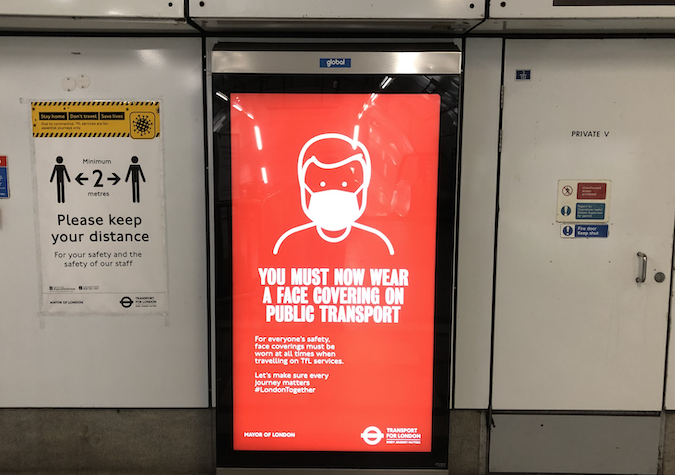The London Recovery Board, established at the height of the pandemic some two and half years ago to shape the city’s post-Covid future, is set to become a permanent feature of the capital, the London Assembly heard yesterday.
Provisionally renamed the London Partnership Board, the grouping would continue the existing board’s work but also take on long-standing inequalities in the city and new challenges including housing and the cost of living, the Assembly’s Greater London Authority oversight committee was told.
The original recovery board met for the first time in June 2020, jointly chaired by Sadiq Khan and Georgia Gould, the leader of Camden Council in her capacity as chair London Councils, the cross-party body that represents the capital’s local authorities.
Its high-level membership includes minister for London Paul Scully, MPs, business and trades union representatives, further and higher education leaders, councillors, Transport for London, the Metropolitan Police and NHS London, alongside senior figures from the capital’s community, voluntary and faith sectors.
Its priorities were set out as nine “missions”, ranging from boosting the green economy, expanding opportunities for young people and supporting the city’s poorest residents to reviving London’s high streets and improving mental health services.
It could tick off significant achievements, GLA strategy director Niran Mothada said, including establishing new skills academies, launching innovative data-sharing, helping councils improve their high streets and brokering £100 million of pooled grant funding to tackle inequality and disadvantage.
A new economic development framework for the city and a Fairer City action plan had been developed and a pioneering “anchor institutions” network had brought major employers together with a target of shifting £1.3 billion-worth of goods and service spending to the capital’s small businesses.
But it was now time to move on, said GLA recovery programme director Luke Bruce. “There is no appetite to close the board down, but there is a sense across the city that seeing everything through the lens of Covid recovery is becoming unhelpful. There are other challenges the partnership approach can address.”
Did that mean we had “formally reached the end of the Covid pandemic” asked Assembly member Joanne McCartney. Not quite, said NHS London performance director Martin Machray.
The World Health Organisation was still declaring a worldwide Covid emergency, though that would be reviewed shortly, he said. And Covid was still a significant concern in the city, though now managed in the NHS as “business as usual”, while flu had had more impact over the winter.
“I do not want Londoners to think that they no longer have any responsibility or a part to play in stopping infections spreading,” Machray added. “But now the partnership can be about going further, not referring to Covid as its starting point.”
City Hall’s partnership programme team supporting the recovery board will nevertheless be disbanded in April, with its budget cut from £800,000 to £200,000 in Mayor Khan’s 2023/24 budget, due to be approved this month. Support would continue to be provided through a new “strategic partnerships” team, said Mothada.
Assembly members also sought reassurance that the new board would not duplicate existing partnerships, and that it would not undermine existing lines of accountability – including to the Assembly – as it broadened its remit.
The recovery board confirmed its new approach at its November meeting, while warning against “too broad” a remit and suggesting that “a targeted, action-orientated approach would be likely to deliver the greatest benefits for Londoners”. Its February meeting is expected to finalise arrangements.
The full oversight committee meeting can be viewed here.
On London strives to provide more of the kind of journalism the capital city needs. Become a supporter for just £5 a month. You will even get things for your money. Details here.

